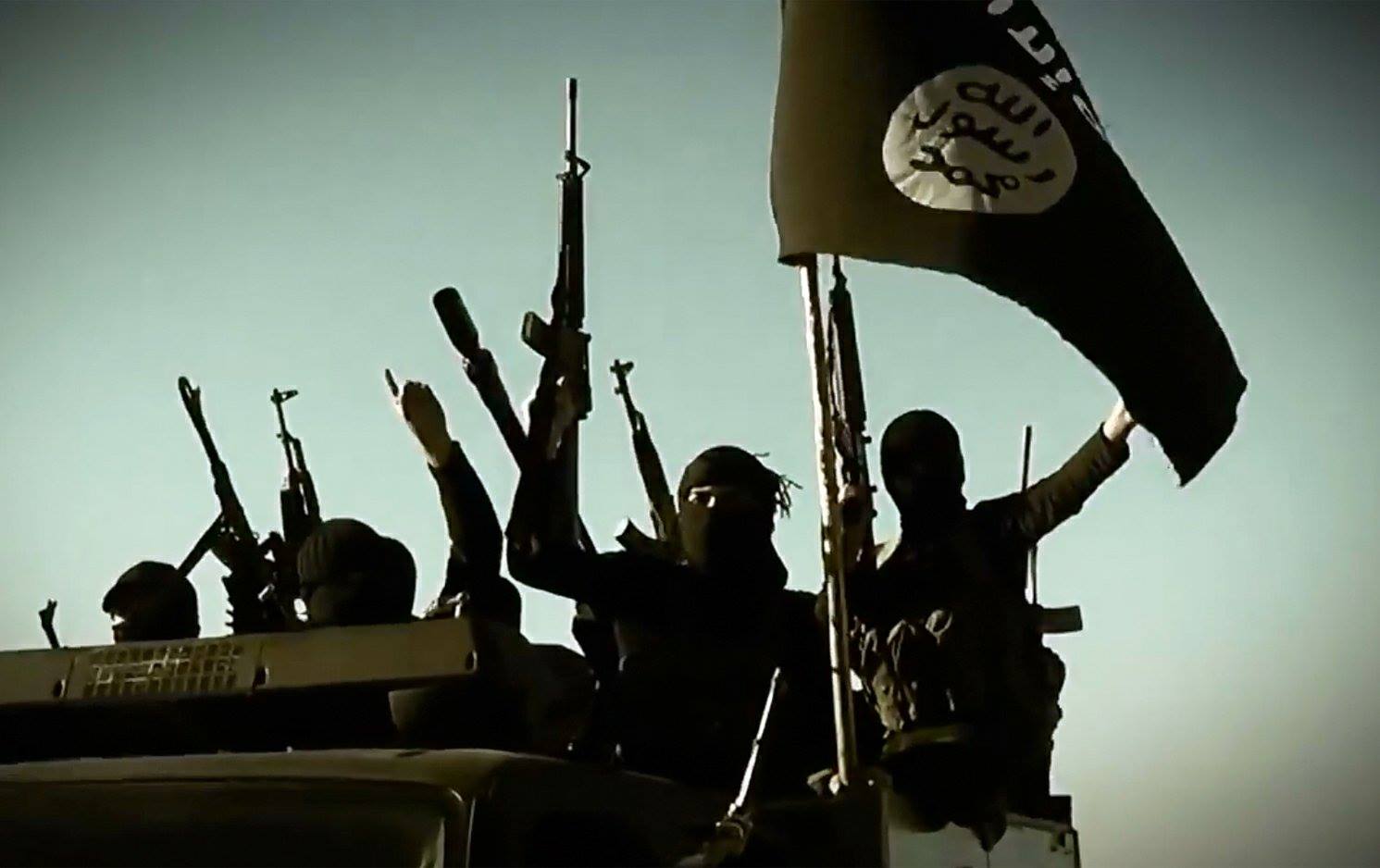
Three experts on Islamic terror told the House Armed Services Committee Wednesday even 15 years after the Sept. 11, 2001 attacks “our enemies are in for the long haul” in the Middle East and around the globe as their radical ideology continues to metastasize.
“This turmoil we’re seeing is going to go on” for years more, Brian Jenkins, an adviser to the president of RAND, said. He was referring to the Middle East, but also to returning fighters to Europe, North Africa and South Asia and self-radicalized violent extremists in the United States.
“We have to sustain [the struggle particularly in the Middle East] for a long time” and not walk away too soon. He added, “Better to do it there” than in numerous other places globally.
James Jeffrey, former ambassador to Iraq and Turkey, said, “It is an Islamic threat. People in the region know that it’s a struggle” for control of the Middle East. He said the United States needed to stand by the imperfect governments such as Egypt and Iraq in this fight to ensure that more breeding grounds for terrorists are not created in ungoverned areas as happened in Afghanistan.
Later in answer to a question, he said, “Terrorist organizations [from the Islamic State to al Qaeda to the Houthis] have been able to exploit crises and challenges of the region,” citing the Arab Spring of 2011 that toppled regimes in Libya and Egypt and led to civil war in Yemen and Syria.
The United States has “to thread the needle” in applying military solutions to the terrorist threat, applying enough military force to be effective “but not too much to challenge American patience” or offend sensitivities to having a Western presence in an Islamic country.
The strength “of jihadist groups is less than it appears on a map,” Jenkins said. Using the Islamic State, which is losing territory in Iraq and Syria, as an example, its growth now is being measured “by acquisition and brand” with groups in sub-Saharan and West Africa or Southeast Asia claiming to be affiliates. “There is no central command;” the groups claiming affiliation are locally focused.
He added even though the Islamic State is losing ground, it has “not been crushed.” Jenkins said it would not admit defeat but would go underground to survive as “a virtual caliphate.” “Foreign powers cannot impose peace” in Iraq and Syria. In Afghanistan, “the Taliban remains a formidable foe.”
“The risk is of [a terrorist group] hitting a homerun,” Jeffrey said. “We almost saw that with ISIL [an acronym for the Islamic State] taking control of large parts of Sunni tribal areas in Iraq, including Mosul. Mosul is Iraq’s second-largest city and fell to the Islamic State almost without a fight from the Iraqi army.
Jeffrey said in the case of Iraq and Syria it also means recognizing the influence of Iran as the leading Shiite nation in the Middle East exerts there and the role it continues to play with terrorist groups such as Hezbollah in Lebanon and the Houthis in Yemen.
Looking at Iraq, Jenkins said, “I think [de facto] partition will persist” with the Sunnis, Shiites and Kurds each controlling specific areas possibly with some form of national government in Baghdad.
Speaking as an academic who studies counterterrorism, Army Lt. Col. Bryan Price said Islamic terrorism should be viewed “not as a war but a chronic disease like cancer.”
The Internet “changed the jihadist landscape,” and the United States needs to seek out more effective ways to communicate with the Islamic world “to overcome the credibility gap the U.S. has.” He suggested more involvement with the private sector and non-governmental organizations to counter terrorist propaganda. “Governmental bureaucracy does not incentivize creativity.”
The military “may not be the most important part of [a counterterrorism] strategy.”
“We have to say what we’re for” from rule of law to sanctity of borders, Jeffrey said.
In his opening statement, Rep. Mac Thornberry, (R-Texas) and chairman, said while the United States has taken significant steps to improve security domestically and counter it overseas since Sept. 11, 2001, “the rest of the story is we’ve been lucky” not to have another major attack on American soil.





